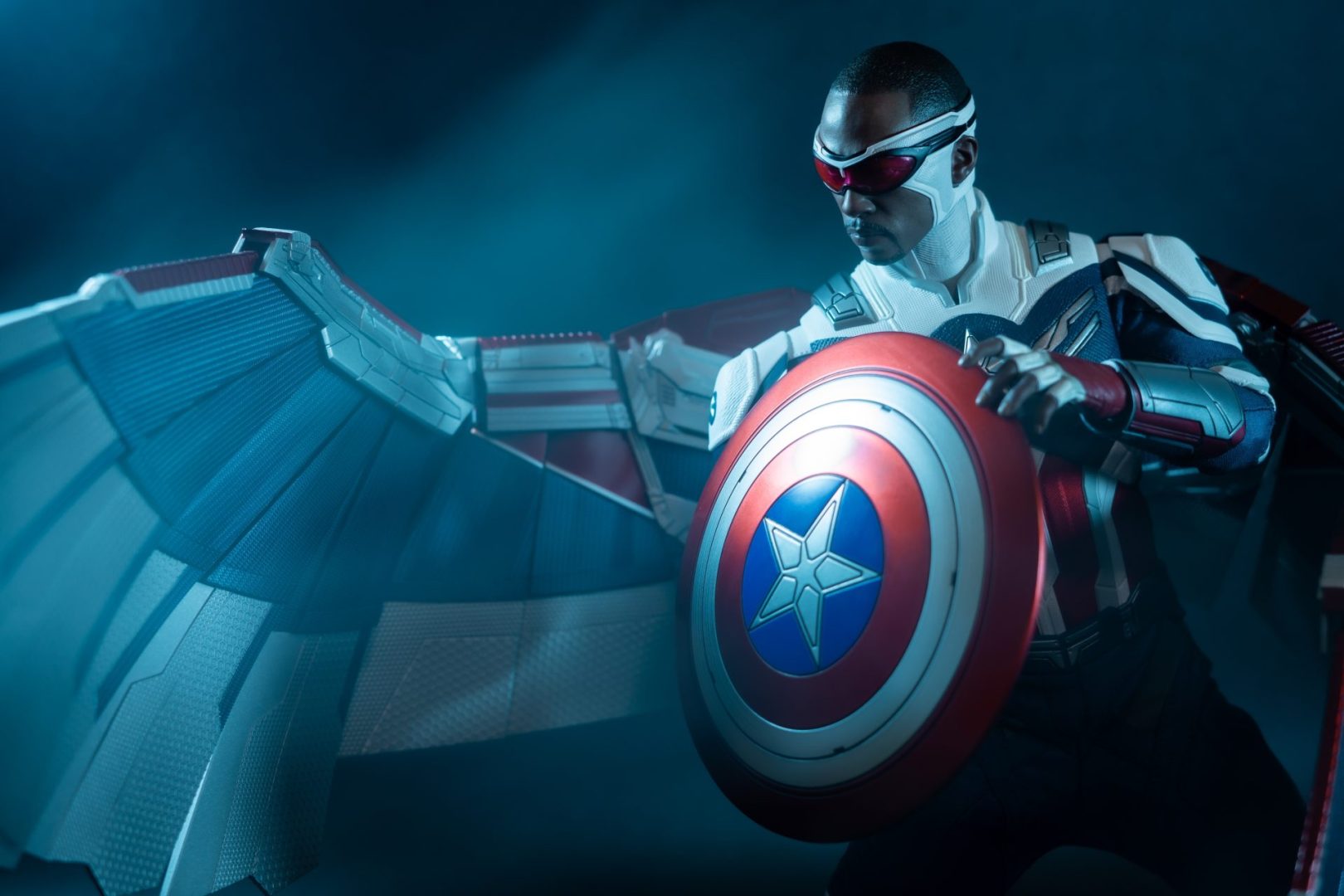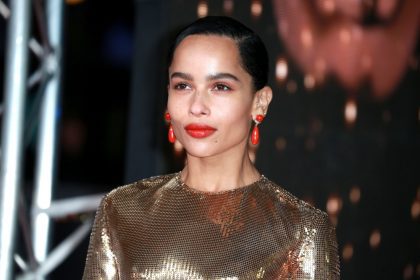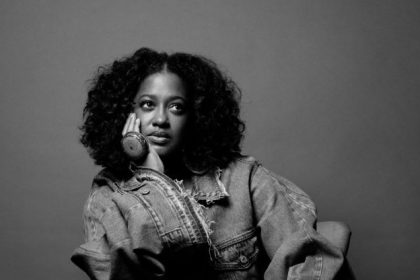On Feb. 18, 2025, Anthony Mackie officially stepped into the role of the first Black Captain America in the highly anticipated film Captain America: Brave New World. This groundbreaking moment marks a significant shift in the Marvel Cinematic Universe (MCU) and reflects the ongoing evolution of representation in Hollywood.
A historic debut
Released on Valentine’s Day, Captain America: Brave New World opened to impressive box office numbers, raking in $100 million in the U.S. and $192 million globally. Mackie’s portrayal of Sam Wilson, who takes on the Captain America mantle, is a culmination of years of storytelling that began in the comics.
The journey to representation
The concept of a Black Captain America was first introduced by writer Mark Waid in the 1998 comic book Captain America: Sentinel of Liberty. Waid recalls facing initial resistance from Marvel when he pitched the idea in the 1990s. He stated, “Not because anybody disbelieved the message, but just because when you’re dealing with a corporate character like that, it’s going to go through many creators’ hands over his 80 years of existence.”
Captain America, originally created in March 1941, was depicted as a blonde-haired, blue-eyed hero, embodying the idealized American image of that era. The transition to a Black Captain America began in earnest when Chris Evans’ Captain America passed the shield to Mackie’s Falcon in the 2019 film Avengers: Endgame.
Facing criticism and embracing change
While Waid’s story of Falcon becoming Captain America was well-received within Marvel, it faced pushback from some fans outside the company. Waid noted, “There’s been a lot more trolling, a lot more blowback” from critics who resist the idea of a Black Captain America. He pointed out that some of this backlash stems from a segment of fandom that feels threatened by increased representation of people of color in traditionally white roles.
Despite the challenges, Waid remains hopeful that the fight for inclusion will become easier. He emphasizes that Captain America can represent anyone who embodies the ideals of justice and equality, stating, “Captain America can be an Asian man. Captain America can be a woman. Captain America could be anyone who stands for the ideals that Captain America stands for.” This sentiment reflects a broader understanding of what it means to be an American hero.
Mackie’s vision for Captain America
Anthony Mackie shares Waid’s vision for the character, emphasizing the importance of compassion and empathy in his portrayal. He believes that these qualities are essential for a hero in today’s world. Mackie stated, “I feel like today, we could all use a little compassion and empathy.” This message resonates deeply with audiences, particularly within the African American community, where representation and understanding are crucial.
The impact of representation
The introduction of a Black Captain America is not just a milestone for Marvel; it’s a significant cultural moment that reflects the changing landscape of media representation. For many fans, Mackie’s role as Captain America symbolizes hope and progress, showcasing that heroes can come from diverse backgrounds and embody various identities.
As the MCU continues to evolve, the importance of representation cannot be overstated. Characters like Sam Wilson serve as role models for young people, particularly those from marginalized communities, showing them that they too can be heroes.














